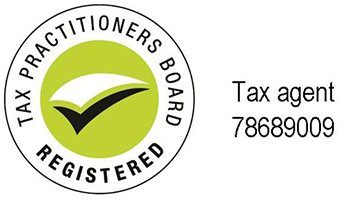Vacant Land – Last Minute Senate Amendments
The Senate has passed legislation aimed at limiting deductions for vacant land from 1 July 2019 (i.e., the 2020 income year).Broadly, vacant land for these purposes is any land upon which there is no substantial, permanent and independent structure in use or available for use, such as land upon which a taxpayer is constructing a future income-producing property.
The provisions include a ‘carrying on a business’ exception.
This exception means that deductions will not be denied to the extent the ‘vacant land’ is used, or available for use, in carrying on a business by the taxpayer or a specified related entity (e.g., by an affiliate or connected entity).
In our previous submission to Treasury, the NTAA highlighted concerns it had that the proposed amendments would lead to a number of harsh and unfair outcomes.
In particular, a land-owning taxpayer (who was unable to rely on the ‘carrying on a business’ exception) may have ended up having to declare assessable income derived from the vacant land, whilst being prevented from claiming deductions for legitimately incurred holding costs!
This was particularly the case in a number of common scenarios, including:
- Where primary producers leased or agisted vacant land (surplus to their needs) to a neighbouring and unrelated farmer.
- Where retired primary producers leased or agisted land to their adult children so they could continue to conduct the family primary production business.
- Where an SMSF owning vacant land (e.g. farmland) leased or agisted such land either to an unrelated lessee or even to an entity associated with the SMSF or its members.
As a result of extensive industry pressure, the Bill was passed in October 2019 with some crucial and practical amendments.
These amendments were designed to afford relief to many of these unforeseen victims of the original vacant land provisions.
In particular, relief has been afforded to primary producers who provide vacant land under lease, hire or licence to another entity and the land does not contain residential premises, or residential premises are not being constructed on the land.
Additionally where vacant land is under lease, hire or licence to another entity (whether related or otherwise) as a result of a dealing at arm’s length, and it is in use, or available for use, in carrying on any business, the provisions will also not apply, as long as there is no residential premises, or residential premises are not being constructed on the land.
Finally, the Senate also passed a third new exception for structures affected by an exceptional circumstance that was beyond their (i.e., the taxpayer’s or related entity’s) control, such as a natural disaster.
Ref: Treasury Law Amendments (2019 Tax Integrity and Other Measures No.1) Bill 2019

